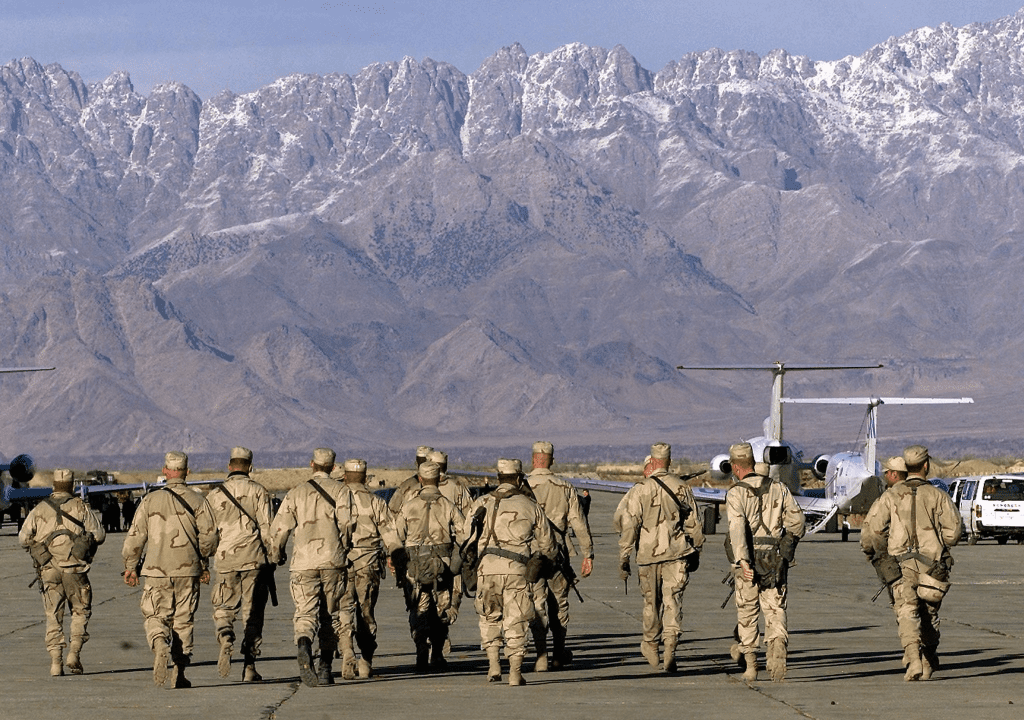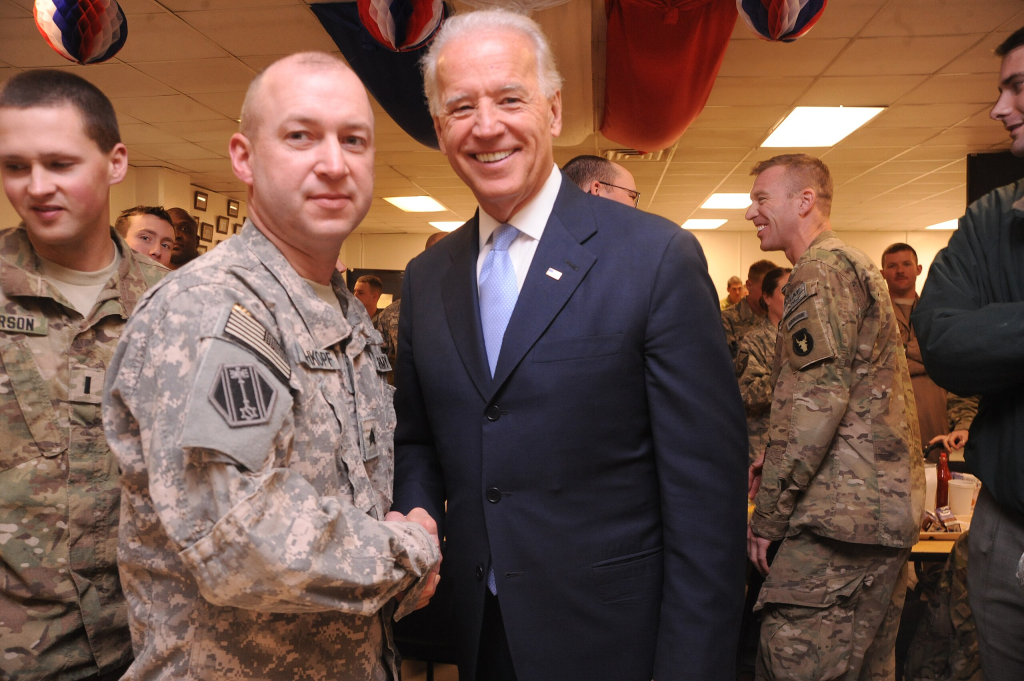President Trump Says U.S. Should Reclaim Bagram Air Base in Afghanistan, Says Biden Gave It Away
The idea of going back to Bagram Air Base in Afghanistan hit the headlines today, and I can’t stop thinking about what it means. President Donald Trump has reportedly said the United States wants to get control of Bagram again, expressing frustration at how the base was left during the withdrawal under President Joe Biden. He claims it was handed over “for nothing,” and he frames Bagram as extremely important, especially because of its proximity to where China makes nuclear weapons. The way he talks, it’s not just about land or strategy—it feels personal, almost like someone saying, “We should have done better, and now we must correct it.”

Bagram Air Base, as many know, used to be a major U.S. military hub in Afghanistan. It had runways, big facilities, hosted many troops, and was a stronghold for air operations and logistics. After America withdrew from Afghanistan in 2021, the U.S. formally left Bagram. The vacuum created by that withdrawal has been a source of controversy ever since: debates over whether it was handled well, what was lost, and what this means for U.S. strategic interests in the region.
What Trump is saying now is that Bagram is more than a symbolic loss—it’s a location with real military and geopolitical value. He argues that the base is only about an hour away from areas in China where nuclear weapons are made. That adds urgency to his message: reclaiming Bagram isn’t just about correcting past decisions, it’s about having strategic presence again. He also repeats the claim that the U.S. left important equipment and advantages behind at Bagram, something many analysts have discussed.

Of course, this talk raises many questions. What does “reclaim” mean in practice? Does it mean military intervention, negotiations, or agreements with the current governing authority in Afghanistan? As of now, there is no evidence that the U.S. has begun any formal operations to retake the base. Some experts believe Trump is using strong rhetoric to make a point, to signal resolve, or to appeal to supporters who believe the withdrawal from Afghanistan was mishandled. There are also voices who challenge or reject some of the claims. For example, there is no verified proof that China currently occupies Bagram or is operating it currently, despite some of Trump’s statements. Taliban and Afghan authorities have denied those claims.
For people like me watching this unfold, it feels like we’re at a moment where past foreign policy decisions, regret, strategy, and national identity all mix together. Trump’s remarks touch on how America sees its role in the world: should it have left so much behind? Should it try to regain lost ground? Is it right to push for military involvement or is that too risky?

I don’t know how this will play out. Maybe it becomes another source of political debate inside the U.S.; maybe it influences foreign relations; maybe it remains mostly talk. What’s clear is that the idea of returning to Bagram resonates with many because it ties back to hopes, regrets, strength, and fears. When someone says “we want that base back,” it’s more than a military plan—it’s a narrative about pride, perceived mistakes, and what could be done now.
Whatever happens, this story is far from over. The world will be watching to see whether any steps toward reclaiming Bagram are taken, and what they will cost—politically, diplomatically, and in human terms.


